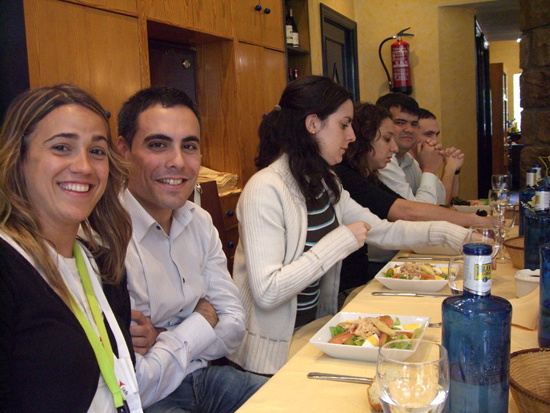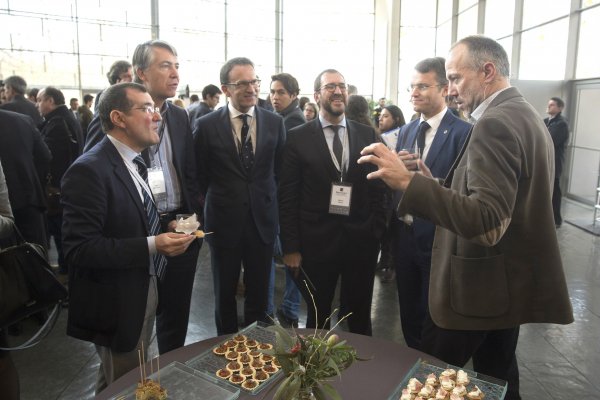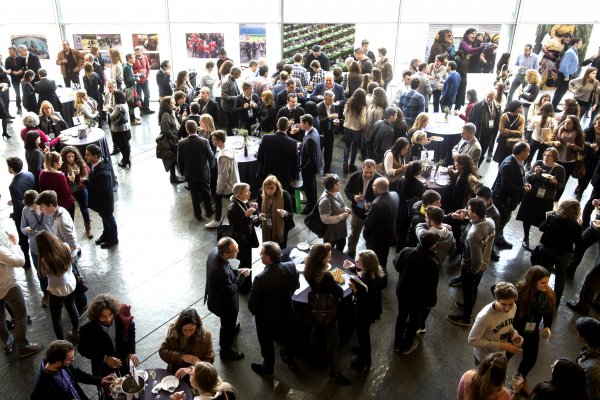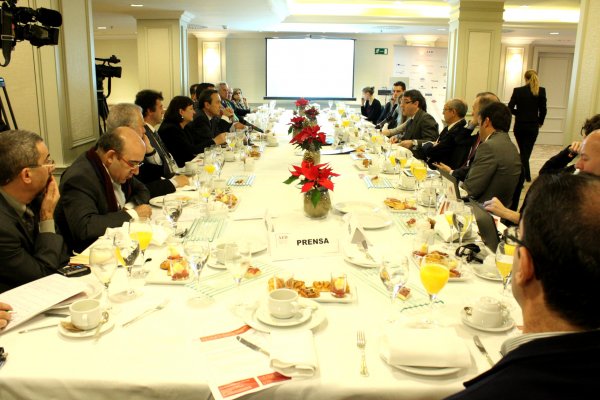Business Culture: Business Entertaining
Activities
Entertaining is an integral part of developing professional business relationships in Spain, as most Spaniards place great importance on building personal connections and trust. Business lunches and dinners are sometimes used to extend business conversations and discuss deals, but meal times in Spain are generally used to relax and build personal relationships. So, if you want to "talk shop" during a meal with your Spanish counterpart, be sure to let him or her know so beforehand. Lunches typically start between 1 and 2 pm and may last until 4 pm. Spanish dinners are usually the lightest meals of the day, and they occur around 10pm. Visitors should be aware that different ranks do not mix at business lunches and dinners. The boss may even make a point of dining with his or her peers from other companies.
The major Spanish cities offer an array of international cuisines, but your host will probably take you to an establishment that features Spanish cooking. Spanish cuisine reflects many cultural influences, but it emphasizes Mediterranean elements such as olive oil, tomatoes, garlic, onions, peppers, and fresh seafood. Some traditional Spanish dishes include paella (yellow mixed rice with seafood and chorizo), tortilla de patata (potato omelet), gazpacho (cold tomato-based soup), and bocadillos (long bread rolls filled with meats and cheeses). Spain is known for tapas, which are a wide variety of small appetizer plates, such as olives, Spanish cheeses, and meats. Spain is also a wine-drinking country. While tourists may indulge in sangría, locals typically drink red and white wines from the regions of Rioja, Navarra, Cava, Jumilla, and Yecla.
It is also quite common for visitors to reciprocate Spanish hospitality by hosting a meal for their counterparts. Note that you should always tip everyone for everything in Spain. For most social occasions, it is acceptable to be a little late. The average arrival time in southern Spain is 30 minutes after the invitation time, and it is 15 minutes in northern Spain. However, visitors should always arrive to bullfights on time.
Etiquette
As in many other countries, splitting the check is not common, as s/he who extends the invitation is the host, and pays the bill. Adopt continental table manners, such as holding the fork in the left hand and the knife in the right throughout the entire meal. Everything is eaten with a fork, even fruit. The common toast in Spain is salud (to your health). Visitors are encouraged to eat everything on their plates, and they should keep their hands in sight during the meal. When you are finished eating, cross your knife and fork on the plate, with the fork covering the knife.
Getting the rare invitation to your Spanish host's home is an honor, and it means that you are seen as a friend. If this occurs, always arrive with a gift for the host or hostess. If you know your host has a child, bring a teddy bear or a toy from your native country. Appropriate gifts for your host include wine, cakes, brandy, chocolates, pastries, and flowers, except for chrysanthemums, white lilies, or dahlias. You can also bring a fine bottle of liquor from your home region or a coffee-table book that features regional art from your home city. If you receive a gift, open it immediately in front of your host.
Spaniards are well known as great conversationalists, and few subjects are taboo. However, until you get to know your contact personally, don't bring up politics, religion, regional stereotypes, or other controversial topics, such as bullfighting. Some appropriate conversation topics include Spanish food and wine, your home country, Spanish art, sports (especially fútbol), and family. The Spanish dress more formally than many other Europeans, and some dinners will require true formal evening wear. However, most evening engagements will call for dresses or conservative skirts and blouses for women, with ties and jackets for men. If in doubt, ask your Spanish host about the dress code.
Article written for World Trade Press by Kerrie Main.
Copyright © 1993—2025 World Trade Press. All rights reserved.

 Spain
Spain 



